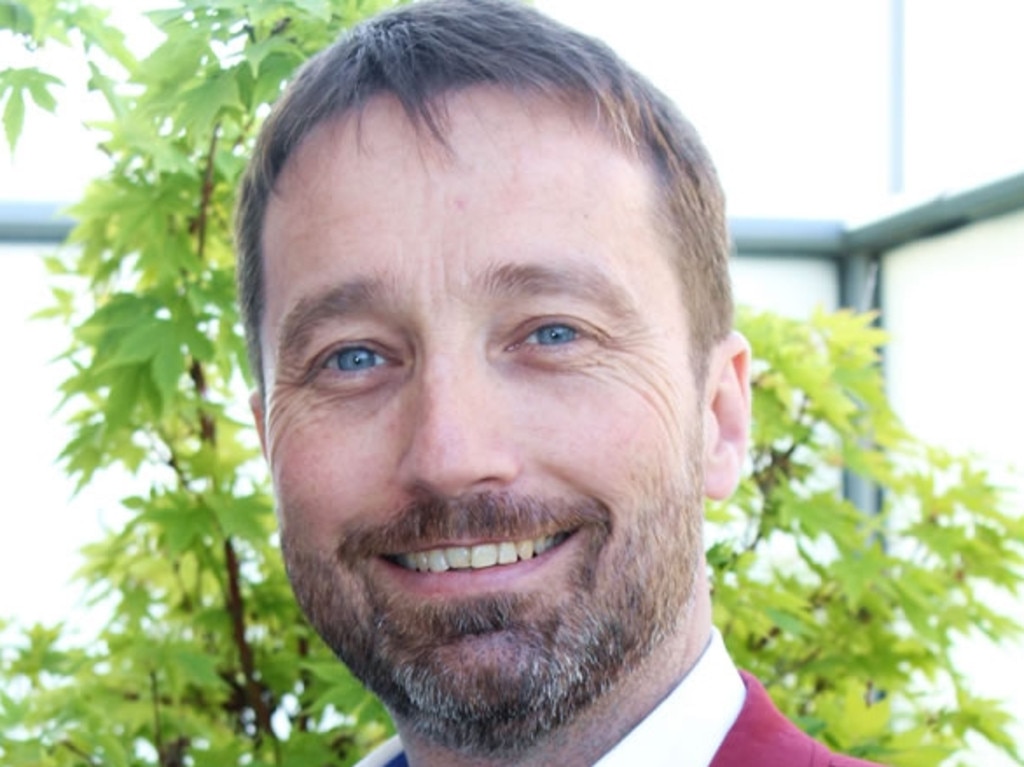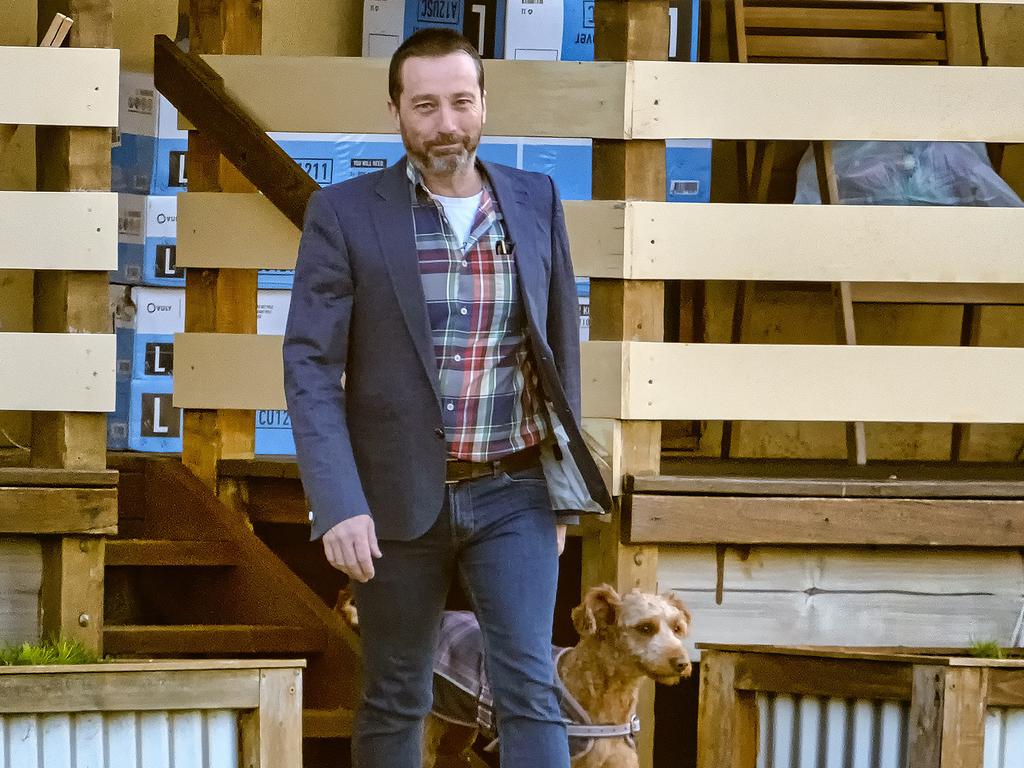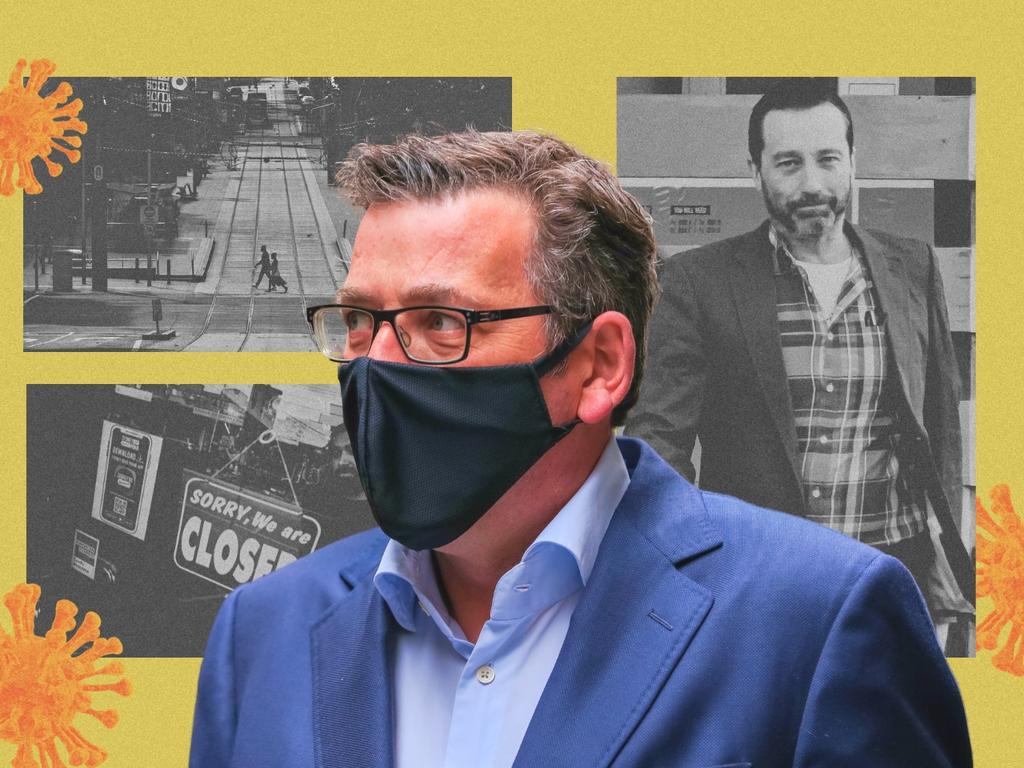FYEO polls are simply ‘catnip for pollies’


The temptation for premiers or lord mayors to use taxpayer and ratepayer funds to find out what the masses are thinking is strong.
And when you can keep the analysis and advice generated by this type of political intelligence operation secret from the very people who funded it – the public – it becomes irresistible.
Daniel Andrews threw about $3m at QDOS to help frame his message during the Covid lockdowns of 2020 and 2021. He knew exactly how Victorians were reacting to the draconian rules and his leadership because QDOS was paid to find out and brief him.
In August 2020, when the scale of Andrews’s Covid mistakes became apparent, and his leadership was under threat, QDOS briefed Labor MPs that despite the catastrophe, Dan was still the man.
Now we learn Sally Capp, during her six years as Melbourne’s lord mayor, was equally keen on political intelligence-gathering and RedBridge Group was hired to find out what people thought of her and her pro-bike lane policies.
Now it could be argued that finding out what people think about a major policy is fair. This is undermined by the fact that the bike lane survey data and report were never released to the public.
Andrews fought the release of documents from QDOS, owned by Labor-aligned strategist John Armitage, for years. Capp’s administration has spent two years and thousands of dollars on expensive lawyers fighting the release of the RedBridge files.


Just months after Capp resigned, and weeks before a landmark Freedom of Information hearing in VCAT, the City of Melbourne folded, and this week released 101 documents, running to more than 700 pages.
The surrender followed a comprehensive ruling in January this year by Victoria’s information watchdog that ordered the council to release each and every document to The Australian.
The Office of the Victorian Information Commissioner dismissed the council’s entire case that the documents should remain confidential as they related to “potentially sensitive matters” and releasing them could trigger “spurious and captious” debate.
“I agree that some of the information informs sensitive public policy,” Acting Information Commissioner Joanne Kummrow ruled. “However, in my view, this factor weighs in favour of disclosure where it can demonstrate the integrity of the data and the agency’s (council) analysis of that data. Rather, disclosure can build public trust through transparency of the agency’s consultative and decision making processes.”
Ms Kummrow dismissed City of Melbourne claims that releasing the RedBridge documents could spark “spurious” debate. “The disclosure of draft documents can provide transparency about how a government agency carries out and fulfils its statutory and public functions. I do not consider disclosure of the documents would have an adverse effect on the integrity, effectiveness or validity of similar future surveys.”
The release of the RedBridge files is a victory for the public’s right to know. If Andrews wanted to know what Victorians thought of his performance during Covid, the Victorian ALP should have paid for QDOS. If Capp wanted to know what people thought of her leadership, she should have paid for RedBridge from her pocket.







Data is like catnip for politicians.